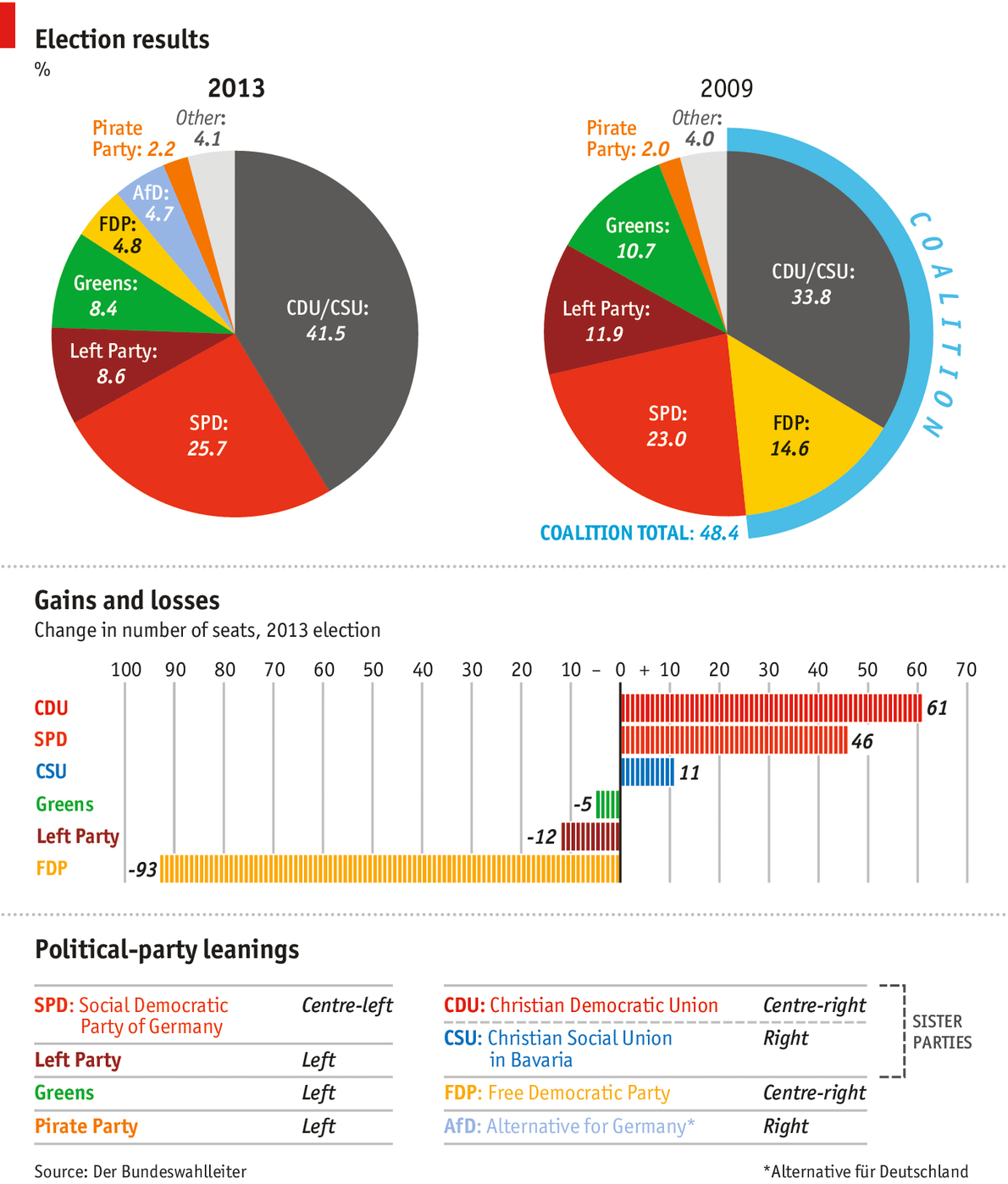frigidweirdo
Diamond Member
- Mar 7, 2014
- 46,398
- 9,893
- 2,030
- Thread starter
- #141
I think the Electoral college system for voting for president is outdated. [Other election systems/formulas, particularly the French and German approaches, for choosing the chief executive of the government] are better.
I do not think the French or German system is better than the U.S. system for choosing the head of government (head of state). Electoral systems translate the votes cast in a general election into seats won by parties and candidates, in this case, the seat of the head of state, thereby facilitating the smooth transition of formal power. The systems for doing so in the U.S., France and Germany achieve that objective. Accordingly, in terms of achieving what an electoral system is supposed to achieve, the three are equal.
What then might motivate one to construe one electoral model is better than another?
In the aftermath of the 2016 U.S. presidential election, it seems such rumblings derive from hindsight observations that if "something" were different about way the seats were chosen, a given party may have fared better or worse re: the election's outcome. One observes, for example, that were the election decided by simple majority votes, a different candidate (thus party) would have won the presidential election. Why? Because the U.S. has an electoral college model whereby individuals indirectly and states directly choose the president. Be that as it may, one might also observe that had more individuals who favored the losing candidate to have, in their states, voted for that candidate, the election outcome would also have been different.
- Either political actors lack basic knowledge and information so that the choices and consequences of different electoral systems are not fully recognized; or
- Conversely, political actors use their knowledge of electoral systems to promote designs which they think will work to their own partisan advantage.
Is the problem the alleged electoral system's inadequacy, by you declared to be the electoral college, or is it the candidate's? I think more the latter than the former. But then I'm an "own your sh*t" guy who ascribes principally to the notion that overwhelming the source of most dissatisfaction can be found by looking in the mirror, so to speak. I think that of U.S. election outcomes.
The fact of the matter is that both candidates and their parties knew damn well they had to win the election by winning the majority of votes in some assortment of states. Plain and simple, the way to the White House is by state not national majority, and both campaigns knew so. When the "rules of the game" are known and fixed at the start of a contest, short of it being shown the rules foster cheating, the game and its rules aren't the problem.
Did the Hillary team do what was necessary to catalyze voters, voters who should/would have voted for her, to show up and vote for her? Did Mitt Romney do what was necessary to catalyze voters, voters who should/would have voted for her, to show up and vote for him? Regardless of what constitutes "what be necessary" to have garnered the needed quantities of votes, the answer resoundingly is "no." That is not the fault of the electoral college model.
Maybe you don't.
However here's the thing. If I want a system to elect a head of state I'm going to choose what is the most important thing.
Is it:
A) I want the people to choose
B) I want the states to choose
Now, the US doesn't have either. The US has:
C) States with 20% of the population choose.
Now, that's bizarre.
Why not just pull 12 states out of the hat every 4 years and they decide who wins? Wouldn't that be just as fair and just as ridiculous.
If you want the smaller states to have equal say with the larger states, then give each state 2 votes and see who wins. If you want the people to decide then one person, one vote, proportional representation.
The US has a system which leads to a smooth transition. But how long will that last for? Trump said he was going to cause massive problems if he didn't win. Wow. So how soon will it be before some dickhead like Trump comes along and LOSES and then starts making the transition a little more African?
Is the system working now? I think in 2016 it only worked because Trump won, had Hillary won, it wouldn't be working any more. The legitimacy of the system is being called into question because every time a new President has been elected, the Democrats have gained to popular vote in the last THREE DECADES. And yet, only had half the presidents in this time.
How long before someone comes along and uses that as their platform?
The biggest problem is that the rumbling aren't really based on what they should be, because the system has led to such partisan bullshit, that hardly anyone thinks for themselves any more. They follow the party line and that's about it. That doesn't happen so much in other countries where the elections are fairer.
